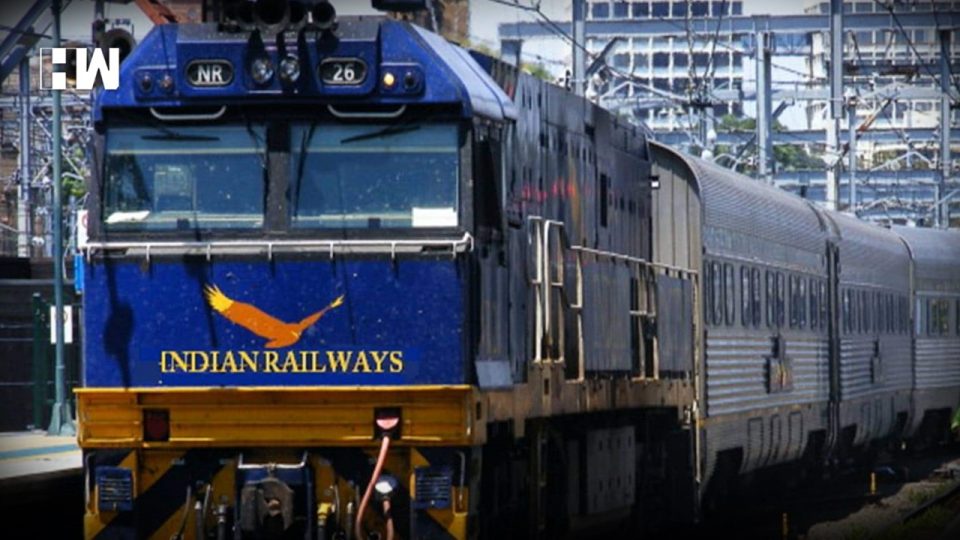Indian Railways started Limited Passenger Service on 12 May. There were 15 pairs of special trains running from Delhi.
New Delhi| Indian Railways has decided to run 80 new trains from 12 September. Ticket booking for this will start from 10 September. At present, 230 trains are running regularly, if new trains are included in it, a total of 310 trains will be back on track soon.
It is certain that the railways is not going to return to the position before Covid-19 very soon. In such a situation, the demand of Railways has increased in the recent past. Railway Board Chairman and CEO VK Yadav said that the average occupancy has increased to 80-85%. For this reason, it is proposed to run a ‘clone’ train on the route that has a waiting period of 10-12 days, so that the waiting list can be cleared.
Indian Railways started Limited Passenger Service on 12 May. There were 15 pairs of special trains running from Delhi. After this, the railways operated 100 pairs of trains from different parts of the country from 1 June. This included 17 Jan Shatabdi, 5 Duronto and many traditionally popular mail or express trains.
Weekly Shramik Special trains are also running from Maharashtra and Gujarat. Trains had 70 percent occupancy in May-June, which has increased to 85 percent in August. In view of the festive season, the demand is increasing, due to which 40 pairs of new trains will run on tracks.
The 40 pairs of new special trains that will be running since September 12 include the Vande Bharat Express, a Shatabdi. Booking of tickets for these trains will start from 10 September.
The Vande Bharat Express will journey from Delhi to Varanasi. Similarly, new trains will run on the main routes of Maharashtra, Bihar, Gujarat, Odisha, Uttar Pradesh, Madhya Pradesh, Tripura, Jharkhand, Karnataka, Delhi, Andhra, Haryana, Rajasthan, Assam and West Bengal.
As an independent media platform, we do not take advertisements from governments and corporate houses. It is you, our readers, who have supported us on our journey to do honest and unbiased journalism. Please contribute, so that we can continue to do the same in future.

